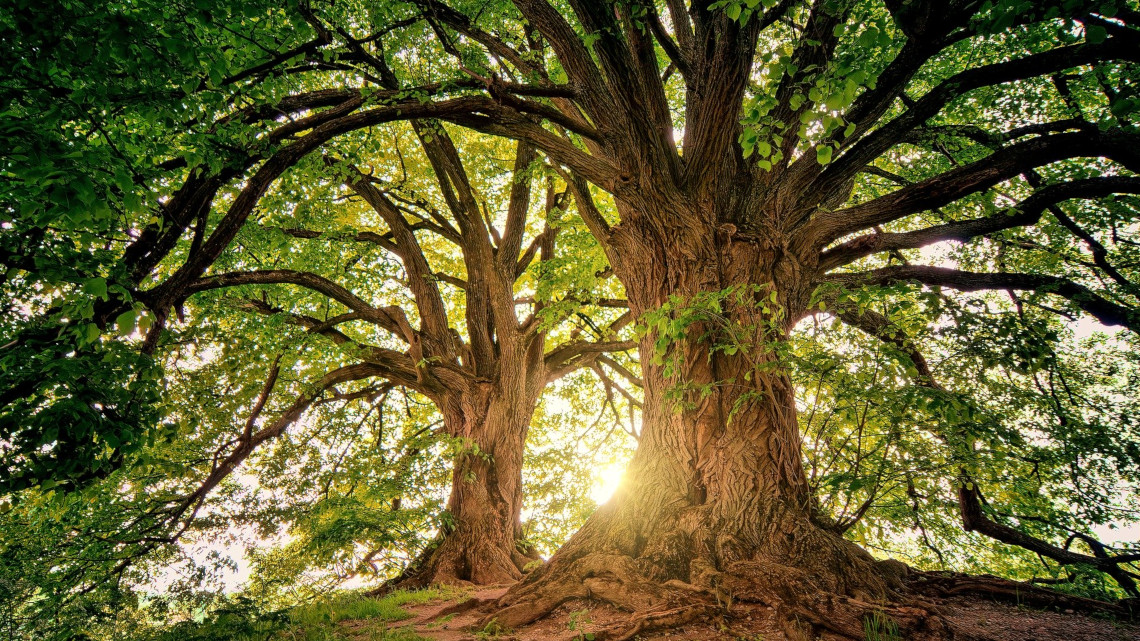Forests of the future: Small trees at an advantage
Climate change has consequences for the future of forests: According to an international study involving Munich researchers, large trees in particular are falling behind.

Beech, oak, spruce and pine: Drought and pest infestation have significantly decimated the tree population in our forests over the past 35 years, as the forest condition report in April showed. An international study, in which researchers from the Technical University of Munich were also involved, now summarizes how old forests stand worldwide. Together with scientists from the USA, Great Britain, Panama, Austria and Switzerland, a team led by Rupert Seidl explored the question of how global change could change forests in the future.
In the study, satellite images and 150 studies were compared in order to concentrate the knowledge on the global forest condition. The team considered factors such as temperature, CO2, humidity, drought, forest fires, windthrow, insects and land use. The result is a rather gloomy picture: global change thus affects both the growth and the death of trees. "Our analyses show that we are currently experiencing a shift from predominantly positive effects of global change to a period of growing limitations for trees," says forest expert Seidl.
Global tree loss continues
According to the study, the proportion of forests older than 140 years has fallen from 89 to 66 percent since 1900. The causes are deforestation, increased logging, drought and storms and fires. This mainly affects tropical forests, but also forests in Central Europe. According to the scientists, the global death of trees will continue in the future. According to Seidl, large trees in particular will be threatened with extinction, for example because they are "more exposed to the wind and it is more difficult for them to continuously supply their leaves with water from the soil".
Negative consequences for the climate
The forest of the future will therefore be dominated by small trees, open stocks and less biomass, as the scientists write in the journal "Science". This development will in turn have a negative impact on the climate because it means that less carbon dioxide can be absorbed from the air, which is driving global warming. Another consequence of tree death is the loss of biodiversity. But it is precisely this diversity that makes forests good CO2 reservoirs, as previous studies have shown. Other ecosystem services that are important for humans, such as filtering drinking water and protection against natural hazards, could also suffer.
Sustainable forest management required
Just how sensitive forests can react to climate extremes was demonstrated in Germany by the two dry hot summers of 2018 and 2019. An area as large as the Saarland was destroyed during these years. According to the researchers, sustainable forest management is needed to stop this negative trend.


